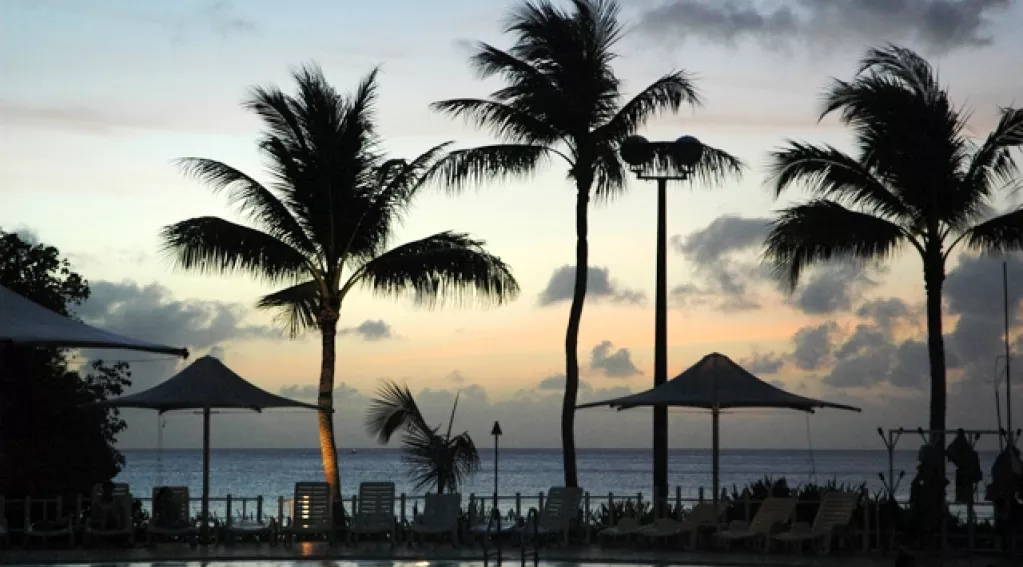Gimme Shelter: Guatemala Seeks Temporary Protected Status

In the wake of a hurricane that killed an estimated 50-150 people, Guatemala is asking the U.S. to provide Temporary Protected Status (TPS) to its countrymen living here illegally.
If approved, tens of thousands of Guatemalans illegally in the U.S. could be eligible to stay at least temporarily, joining some 411,000 foreign nationals currently in the TPS program.
Guatemala City’s request raises a couple of questions:
- Even at the high end of 150 fatalities, does the death toll from Hurricane Eta warrant legal refuge for Guatemalans illegally present in the U.S.? (Some 574,000 were estimated here in 2018, Latin America’s third largest contingent behind Mexico and El Salvador.)
- Just how temporary is Temporary Protected Status?
TheGuatemala storm pales in comparison to the 2010 earthquake in Haiti, whichkilled some 250,000 people and activated TPS protections for Haitians here.
Moreproblematic is the not-so-temporary nature of TPS. A decade after thatdevastating quake, Haitians who had been living in this country still enjoy protected immigrationstatus. They are not alone. Other long-term designees include ElSalvador, Honduras, Nepal, Nicaragua, Somalia, Sudan, South Sudan, Syria andYemen.
The Trump administration has been trying to end TPS since 2017. And, finally, in September, the 9th Circuit Court of Appeals affirmed that the U.S. could phase out the program. Under that ruling, TPS for long-term beneficiaries from Sudan, Nicaragua and Haiti could be terminated next March, and Salvadorans by November 2021.
Meantime, President-elect Joe Biden is pledging “an immediate review” of TPS, and calls Trump’s efforts to cancel the program “politically motivated.”
Whatever the politics, TPS is a poor Band-Aid at best. As FAIR noted three years ago, “Even though TPS is, in theory, applicable only to people who were in the United States at the time of the triggering event, a common thread that runs through all countries receiving this designation is that they are places people desperately want to leave.”
While America should always be humanitarian inresponding to natural disasters or man-made crises, TPS implies thatthis country is equipped to fix the problems that drive migration around theworld.
“The goal must be to find the best ways (best, as in least bad) to address the problems at their core and protect people, without encouraging mass and unsustainable transfers of population,” FAIR concluded.

